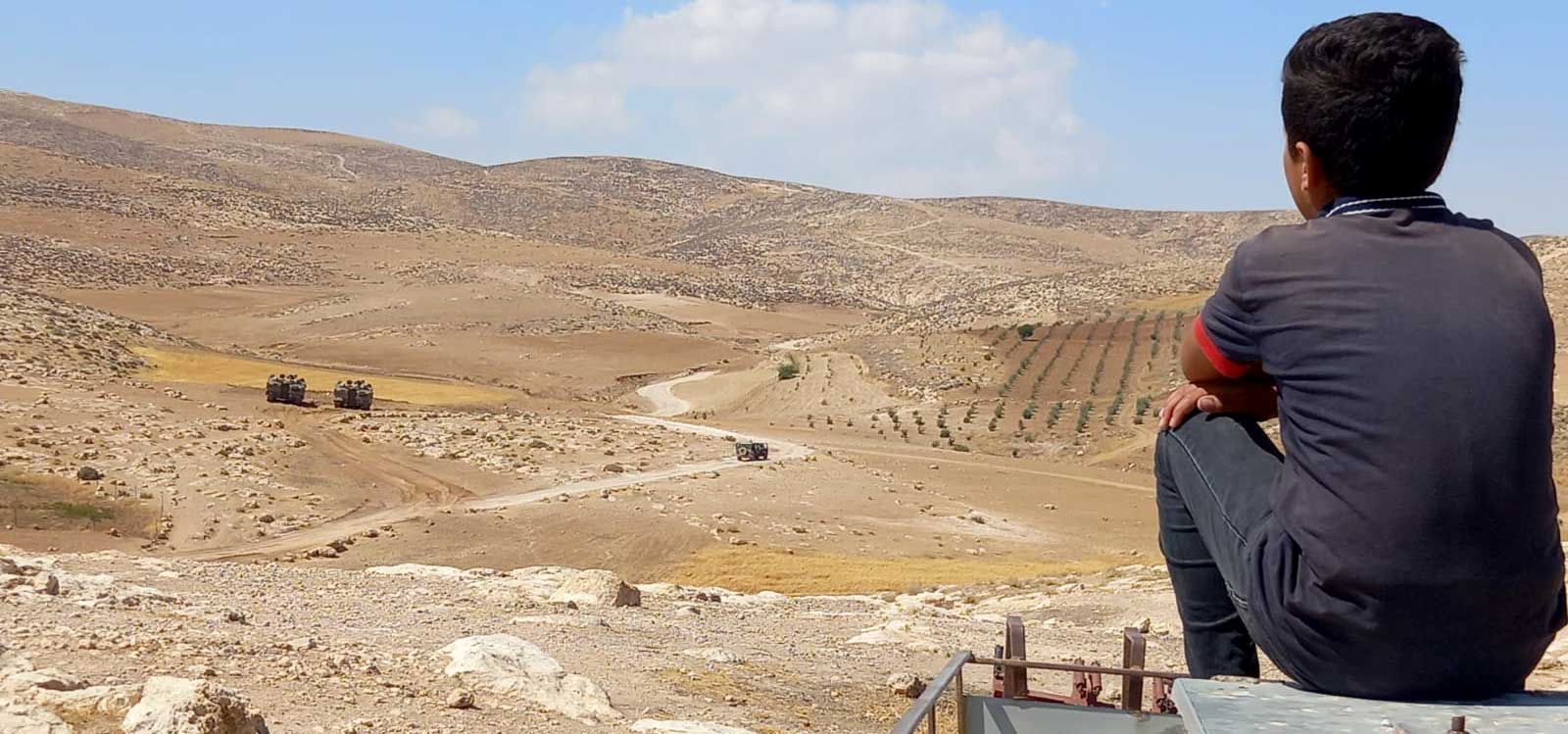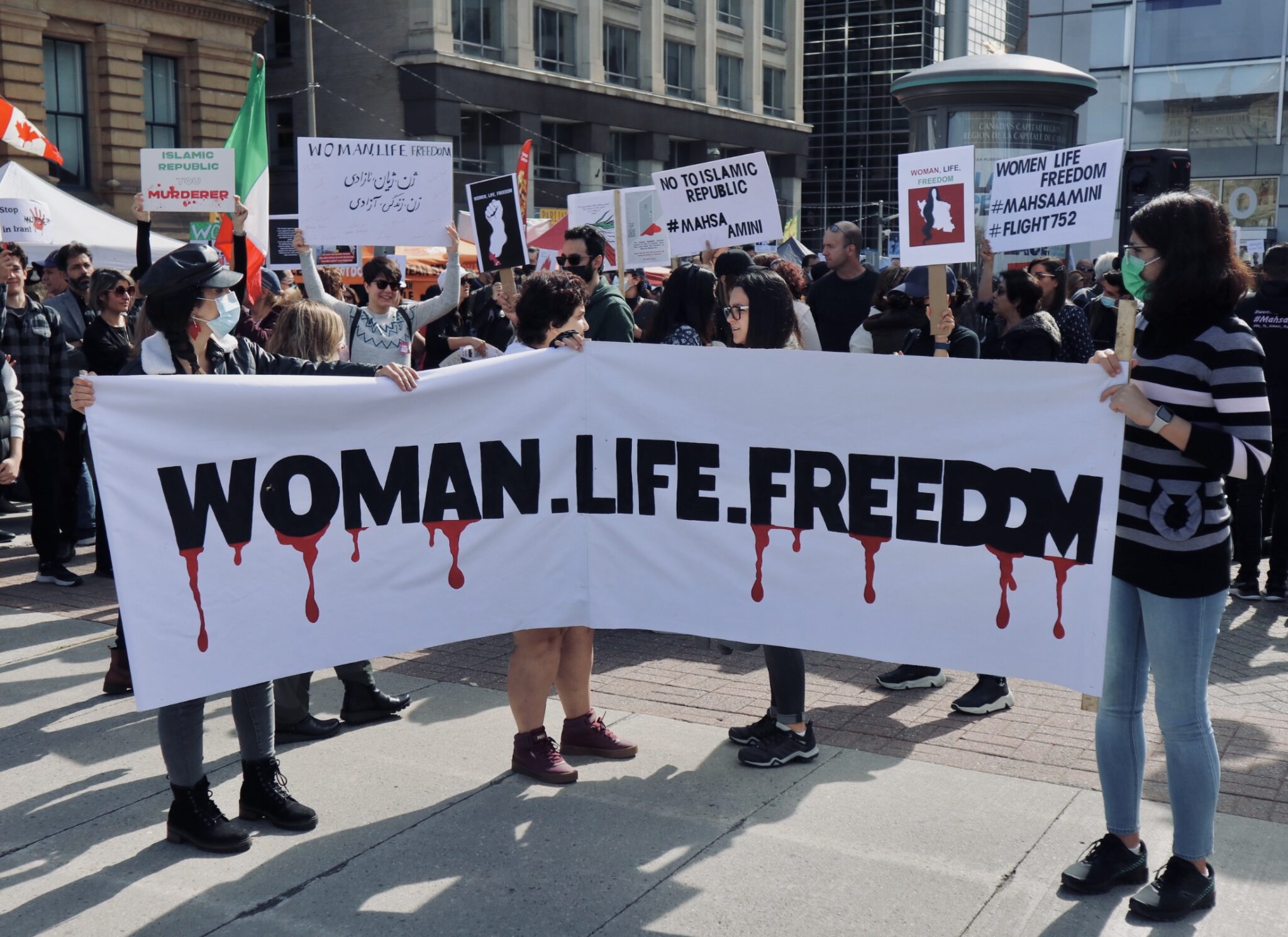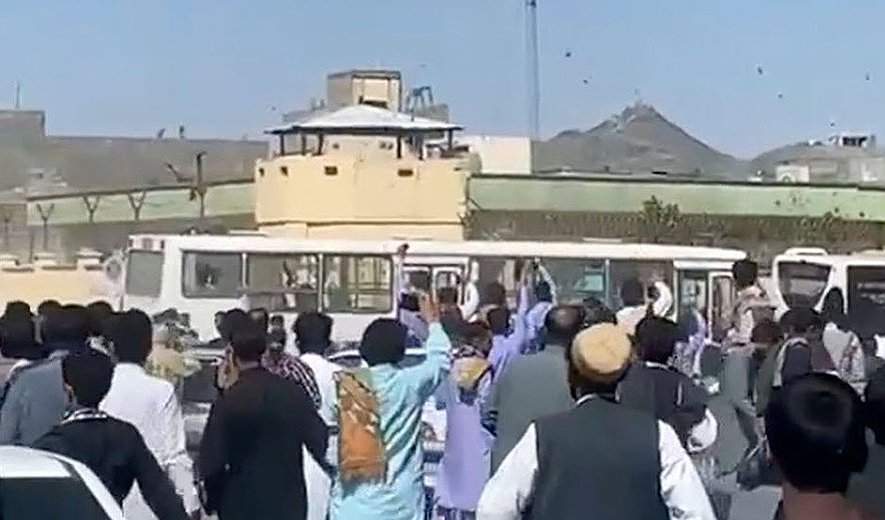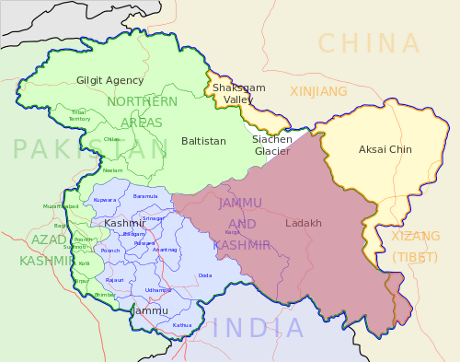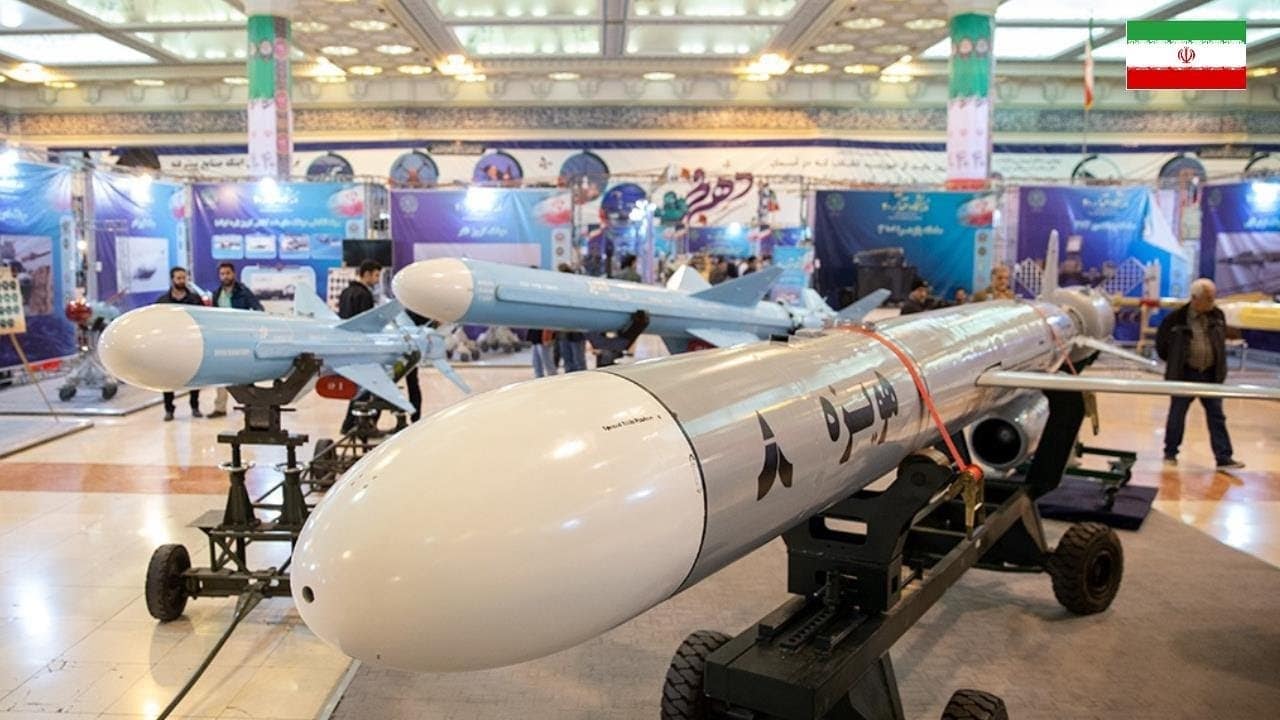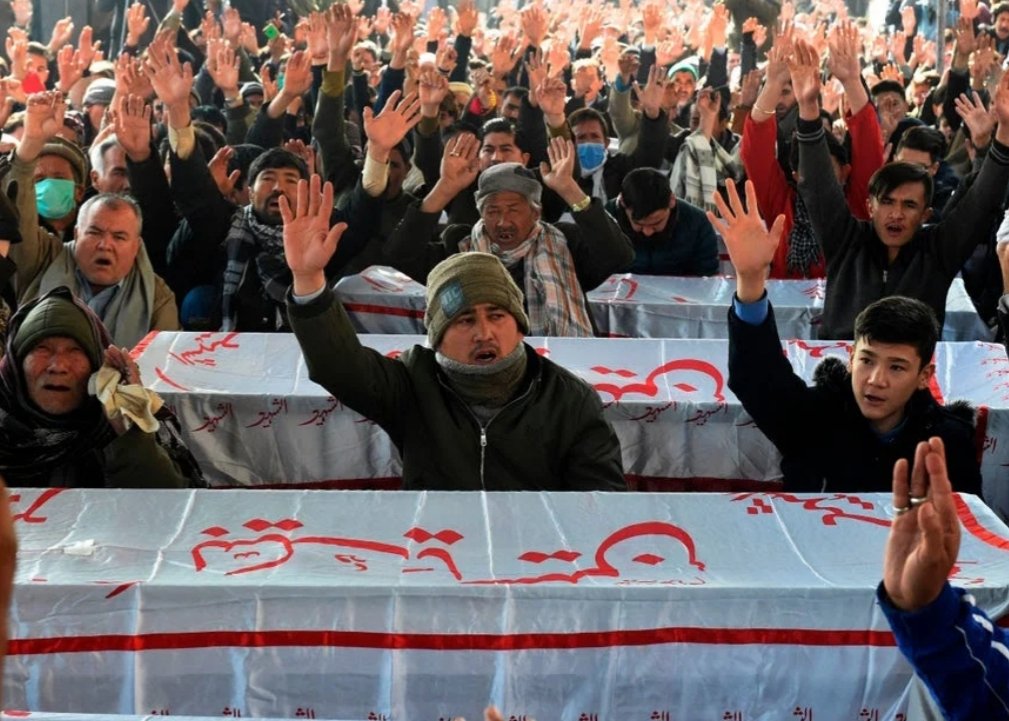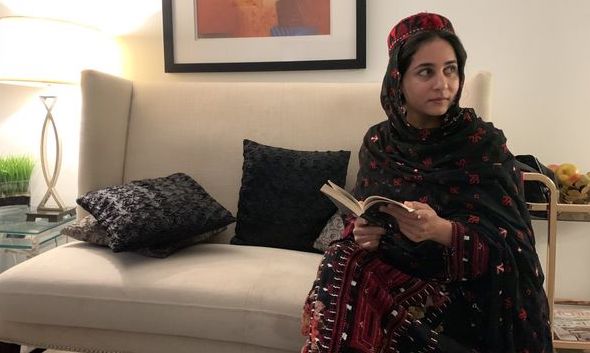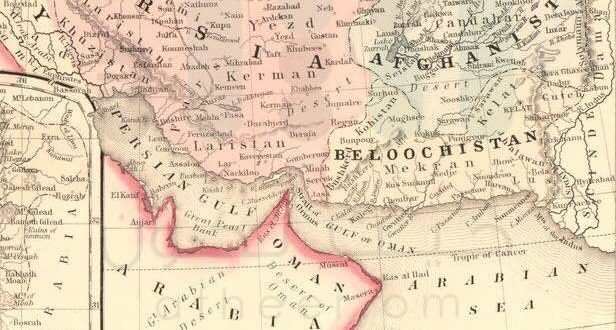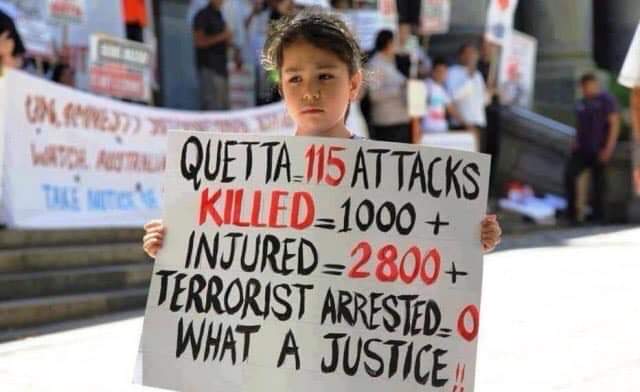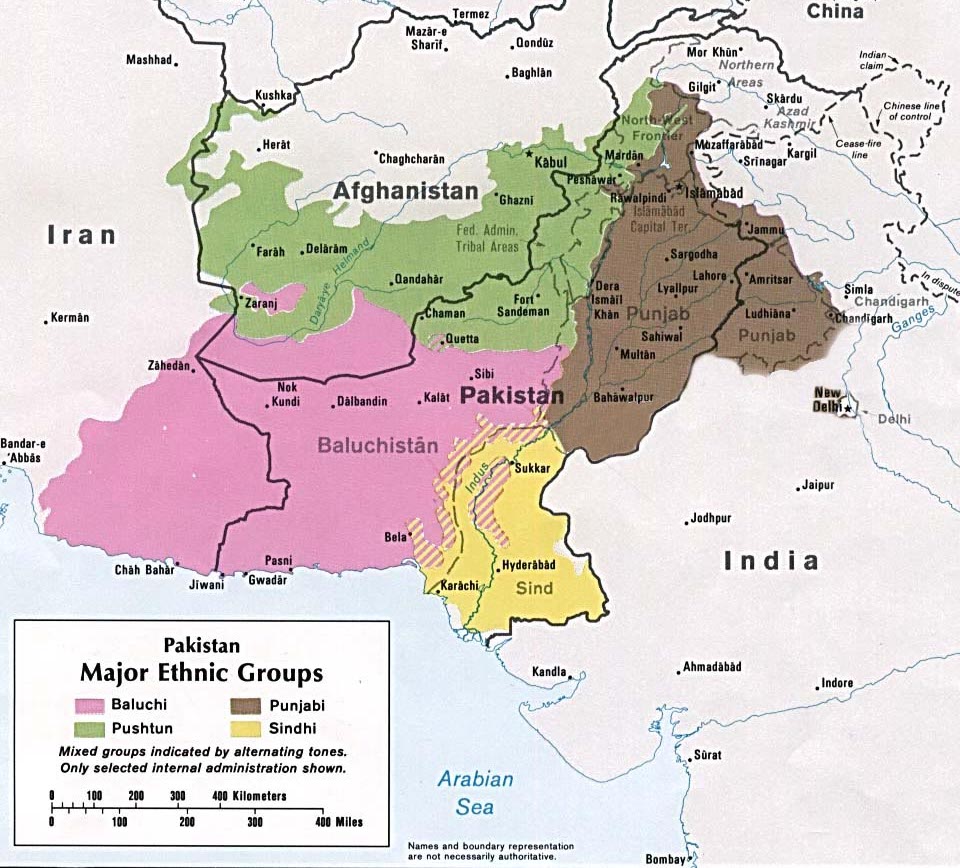
‘Islamic State,’ Islamic Republic both target Baluchi
More than 50 were killed and dozens injured in a suicide attack in Pakistan’s Balochistan province as people gathered to celebrate the birth of the Prophet Muhammad. Those targeted in the blast at the town of Mastung were overwhelmingly members of the Baluch ethnicity. The attack is believed to have carried out by the local “Islamic State” franchise, ISIS-Khorasan. That same day, Iranian security forces opened fire on Baluchi protesters at the town of Zahedan, Sistan & Baluchestan province, leaving several wounded. The demonstration had been called to commemorate the previous year’s “Bloody Friday” massacre in Zahedan, when some 40 were slain by security forces during a protest held amid the national uprising then sweeping through Iran. (Map via Wikipedia)



